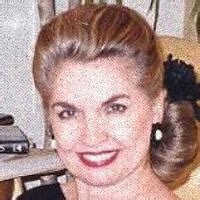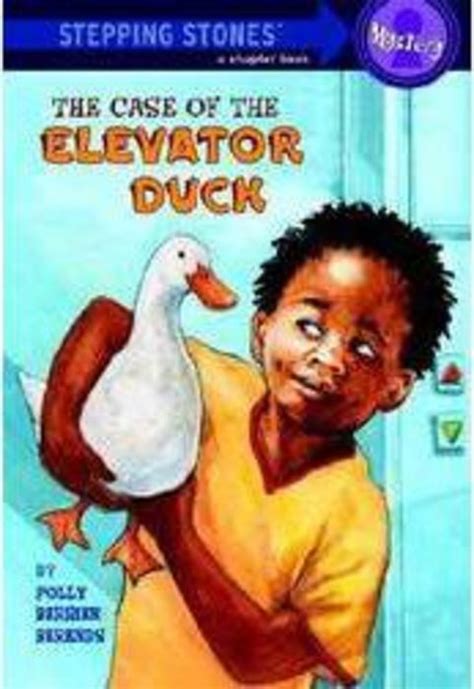A Quote by Jean Sasson
Like many a modern parent, I had no clear notion of how to help my most troubled child.
Related Quotes
The traditional paradigm of parenting has been very hierarchical, the parent knows best and very top down. Conscious parenting topples [this paradigm] on its head and creates this mutuality, this circularity where both parent and child serve each other and where in fact, perhaps, the child could be even more of a guru for the parent .... teaching the parent how the parent needs to grow, teaching the parent how to enter the present moment like only children know how to do.
Without a sense of the shame or guilt of his or her action, the child will only be hardened in rebellion by physical punishment. Shame (and praise) help the child to internalize the parent's judgment. It impresses upon the child that the parent is not only more powerful but also right. Like the Puritans, Locke (in 1690), wanted the child to adopt the parent's moral position, rather than simply bow to superior strength or social pressure.
Parenting can be established as a time-share job, but mothers are less good "switching off" their parent identity and turning to something else. Many women envy the father's ability to set clear boundaries between home and work, between being an on-duty and an off-duty parent.... Women work very hard to maintain a closeness to their child. Father's value intimacy with a child, but often do not know how to work to maintain it.
A conscious parent is not one who seeks to fix her child or seek to produce or create the 'perfect' child. This is not about perfection. The conscious parent understands that is journey has been undertaken, this child has been called forth to 'raise the parent' itself. To show the parent where the parent has yet to grow. This is why we call our children into our lives.
One of the most significant effects of age-segregation in our society has been the isolation of children from the world of work. Whereas in the past children not only saw what their parents did for a living but even shared substantially in the task, many children nowadays have only a vague notion of the nature of the parent's job, and have had little or no opportunity to observe the parent, or for that matter any other adult, when he is fully engaged in his work.
Can any deny that in the modern church setup the main cause of anxiety is money? Yet that which tries the modern churches the most, troubled the New Testament Church the least. Our emphasis is on paying; theirs was on praying. When we have paid, the place is taken; when they had prayed, the place was shaken!
[17th-century] Puritans were the first modern parents. Like many of us, they looked on their treatment of children as a test of their own self-control. Their goal was not to simply to ensure the child's duty to the family, but to help him or her make personal, individual commitments. They were the first authors to state that children must obey God rather than parents, in case of a clear conflict.
The childless experts on child raising also bring tears of laughter to my eyes when they say, I love children because they're so honest. There is not an agent in the CIA or the KGB who knows how to conceal the theft of food, how to fake being asleep, or how to forge a parent's signature like a child.




































